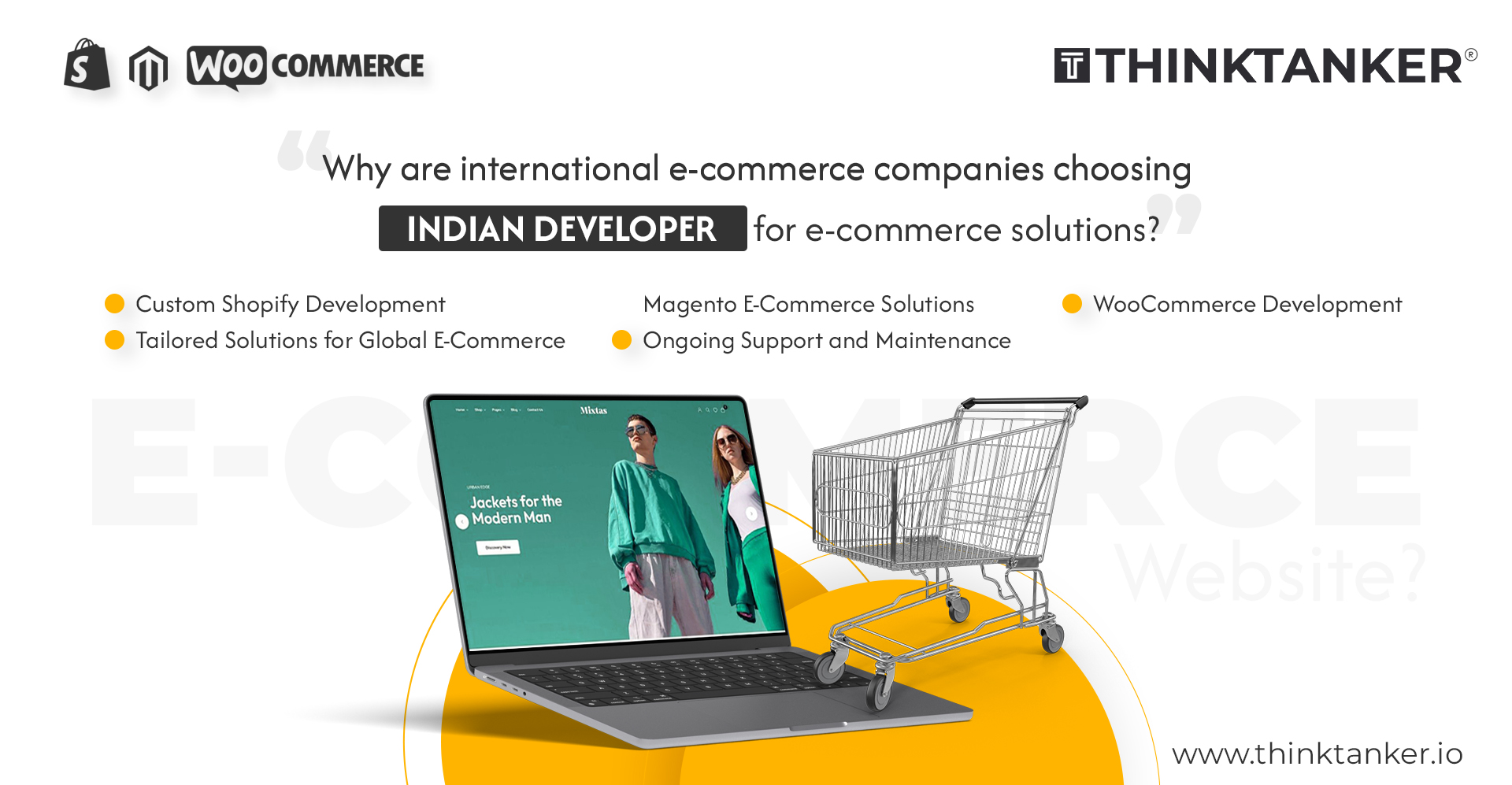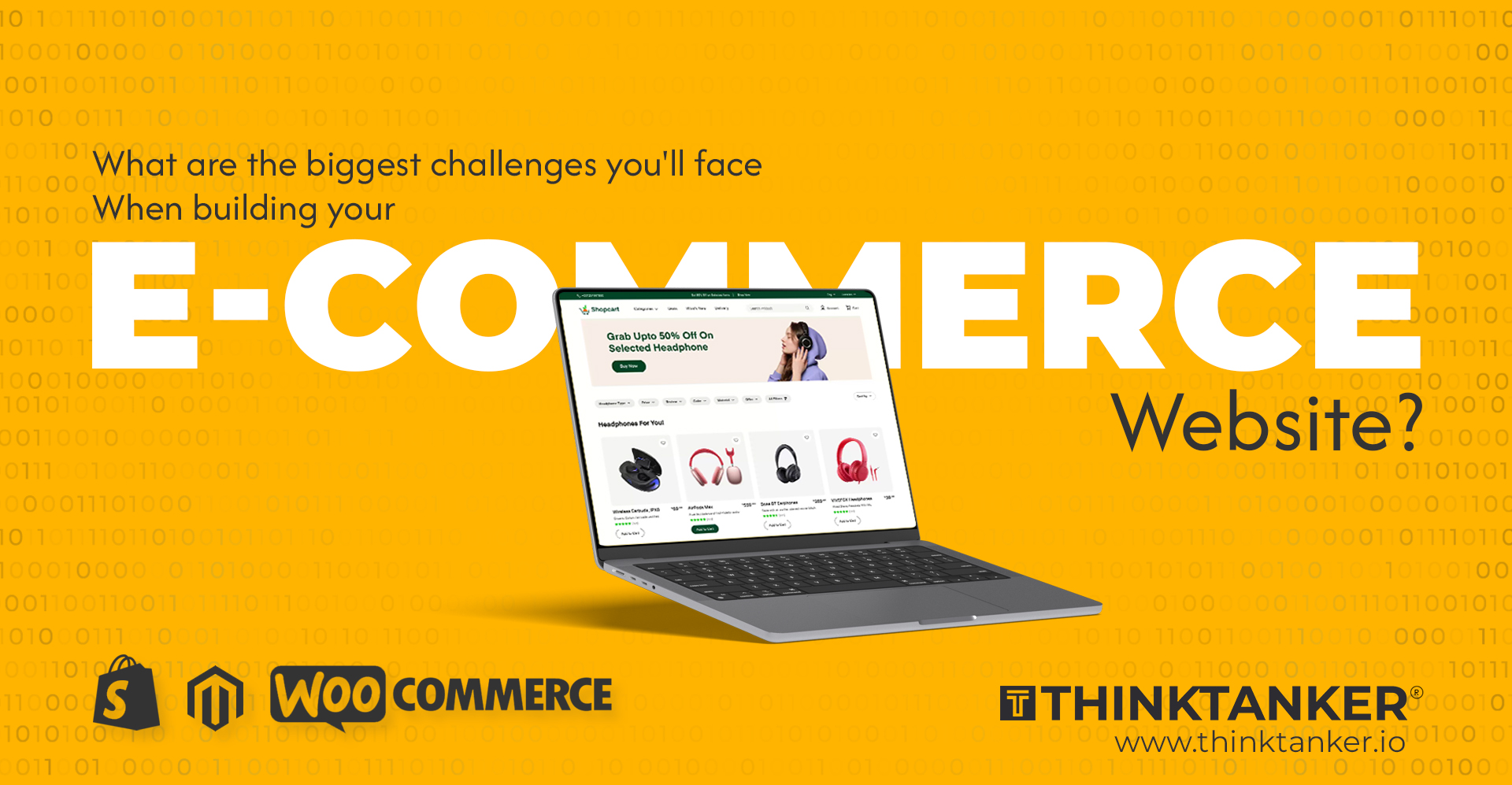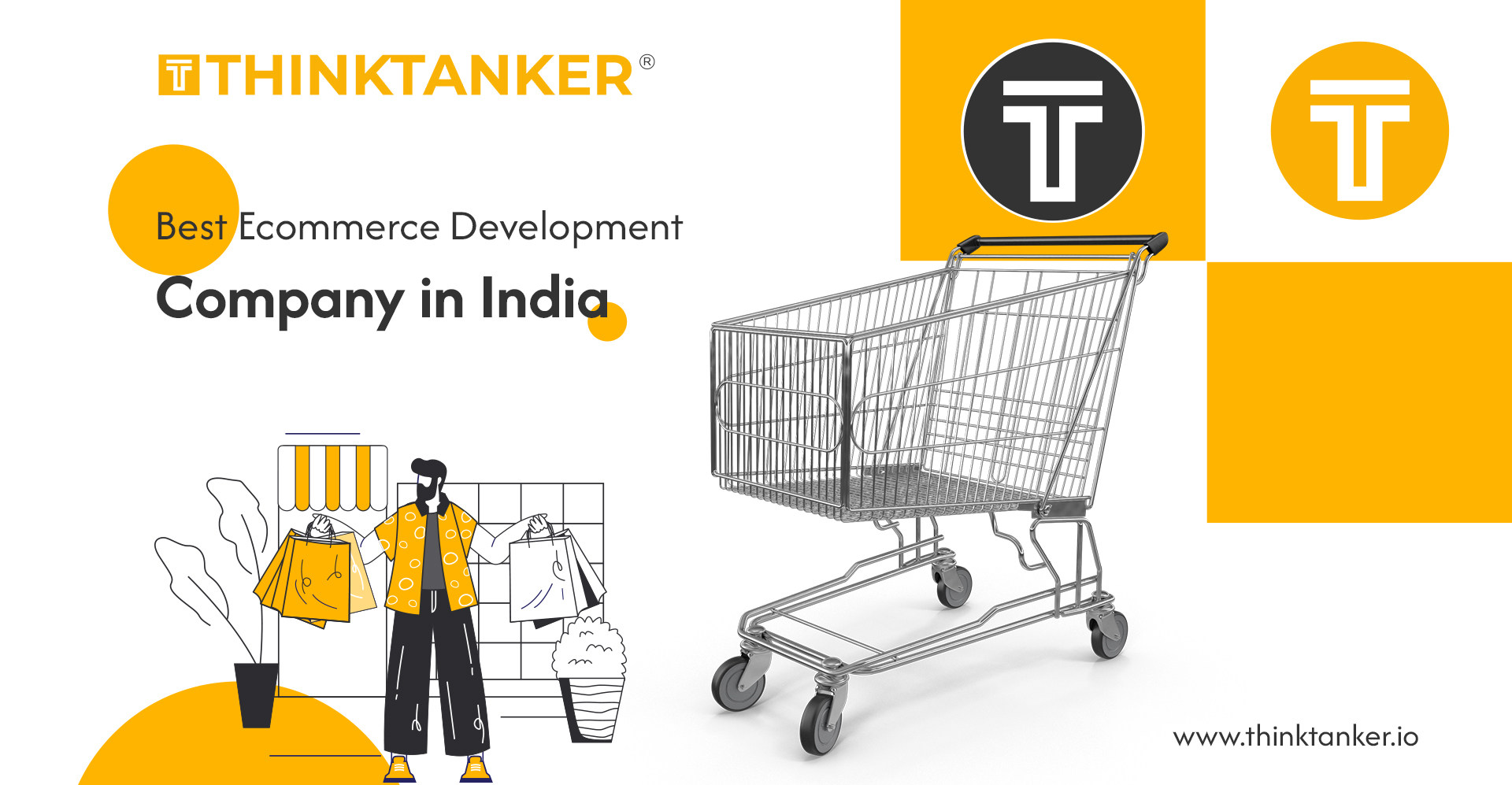Everything you need to know about eCommerce API integration

Technology has come a long way from science fiction predictions. With revolutions like AR/VR, and IoT dominating the market, we can say for sure that Moore’s law is in full effect.
Ecommerce has also been part of the technological revolution. From simple eCommerce stores, the digital world is now home to dynamically powered eCommerce stores.
One of the most important pieces of eCommerce technology has been the Application Programming Interface (API). Though formerly a tool understood by developers, it’s now moved on to the mainstream as a major tool.
If you don’t know what APIs are, then keep on reading. In this short article, we’ll take you through the world of eCommerce APIs’ and how beneficial they can be to your business.
So, let’s start.
APIs Explained
When you communicate with your smartphone, laptop, or other digital devices, you’re communicating with them through physical gestures that are understood by the device.
It’s a two-way communication system in which the device corresponds to each of your actions and provides you information based on input.
Application Programming Interface (API) follows the same method of communication. The only difference is that through API, software systems can interact with one another.
Each software application is different: different architecture, programming language, and code. API’s act as an interpreter that lets software applications communicate with one another, bypassing the barriers of architecture, code, and language.
The Different Types of API’s
There are different types of APIs present today, each one performing their own function. If, however, we were to group them into two categories, they would be public and private APIs.
1. Public APIs
Public APIs are the APIs we use in our daily lives. The amusing part is that even though we use them, they’re essentially hidden in plain sight.
Whenever you open your phone to use social media, check the weather, or take a photo, an API is working in the background to make that happen.
What’s essentially happening is communication between your phone’s software with the software of the applications you’re using.
Public API’s are all too common in our everyday life. But here’s the thing: they only scratch the surface of the massive world of APIs.
2. Private APIs
Private API are business-oriented APIs. Businesses looking to make two software systems communicate with each other reach out to developers to make that communication happen through APIs.
For example, you have an eCommerce store and you want to connect it with your back office account-management systems. In that scenario, you would need an API to successfully transfer the front office data to the back office.
There are several businesses that provide API Integration Services and build either custom, or integrate existing API solutions for businesses systems.
Now you might be wondering about the difference between a private and public API. Well, the answer is simple: it’s the architecture.
To give you a basic idea without getting too technical, private APIs follow a set of instructions that make up its architecture. REST, SOAP, XML, GRAPHQL, JSON, and others are the popular forms of private API’s available today.
In order to integrate software systems with one another, developers must adhere to the rules provided by these APIs. Now, each one of the APIs we mentioned above perform a specific function and developers use it interchangeably in their development processes.
Ecommerce API Integration: The Benefits
The primary goal of an API is to make communication easy. In a business setting, as we’ve already discussed, API’s make communication between business systems seamless.
If you’re running an eCommerce business, then you need to invest in API development or integration.
The net benefit you gain from this is optimized business performance. Helping you build a strong base for your business, APIs provide you a range of benefits and features for your eCommerce store:
Extensibility
When you have APIs at your disposal, you can utilize your existing software to the best possible extent.
Think about it: all your office systems – from ERP, to CRM, and Account Management Systems are all interconnected with one another. Through this data transfer can be sped up. Overall, it makes your decision-making processes a lot quicker and effective.
Besides simplified information sharing, you also automate your processes to the best possible extent, thereby enabling you to focus on other, more important tasks.
Security
Information security is an important part of organizational processes.
When you’ve integrated all the data points of your organization, security is naturally improved. You have more control over the data that’s being transferred from one point to another.
It helps reduce the chances of your business operations getting compromised by hackers. It does so through data encryption, which is very effective to have nowadays.
Reusability
The best part about APIs is that it can be reused for different stores. This follows along with the point of private APIs. Once a developer has created an API, unless it’s open source, it can be used for other systems as well.
Now, we understand that every eCommerce store’s needs are different. In that case, customizing an existing API reduces the number of hours required for development.
Scalability
Once you have an API developed, it’s all yours. If you decide to scale up your development processes, then it can easily be integrated with your new eCommerce systems as well.
You just have to reconnect them to get back on track.
Synchronization
This is by far the most important benefit of using an API.
Without an API, business operations are divided by silos – with each department doing their own thing.
With an API, all your departments are synchronized, meaning they are communicating with one another more seamlessly.
Conclusion
You’ve reached the end of this article, congratulations!
We feel that we’ve reached the point across to you, the reader. For an eCommerce business, APIs are extremely essential.
But here’s the thing: while you should look at API development and integration, you should also keep the bottom line of your business in mind as well. A major question you can ask yourself is whether you really need an API integration for your business.
To answer that, you need to perform an audit of your business operations and see where there is a need for API integration.
Author Bio:
Jibran Ahmed is a B2B eCommerce Expert at Codup. A tech fanatic by day and a reader by night, Jibran enjoys exploring the ever-changing world of Technology, Website Development, and eCommerce.




